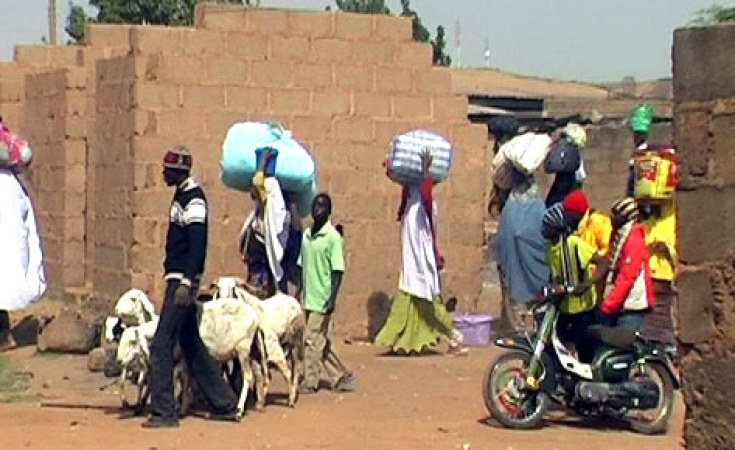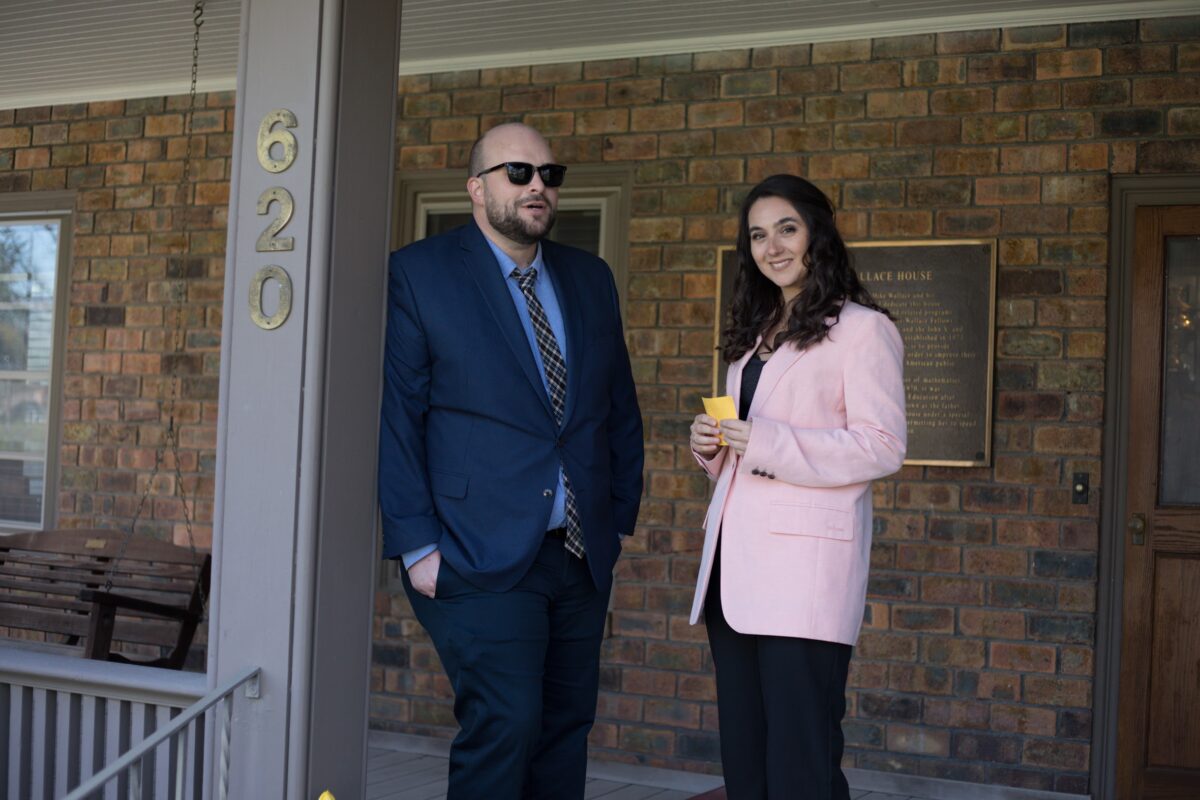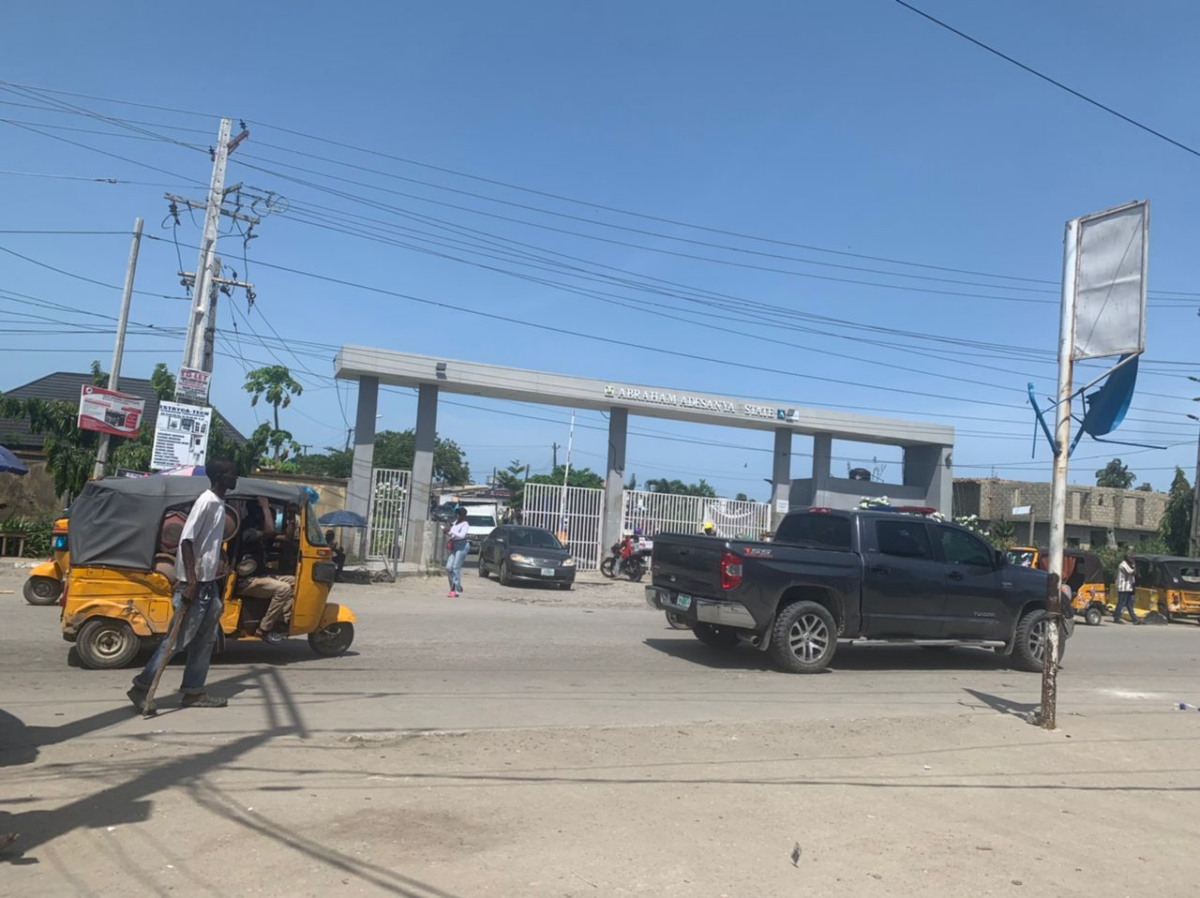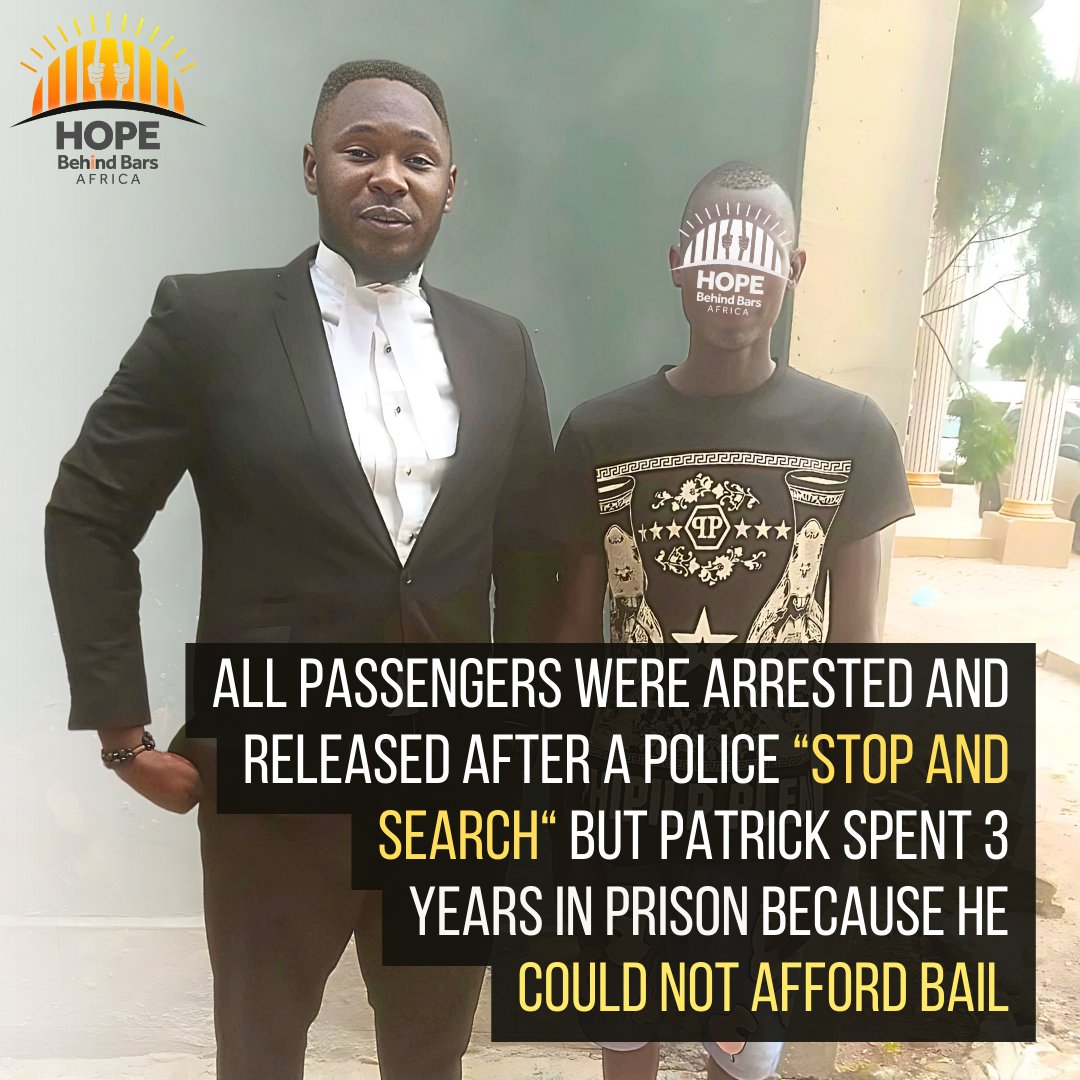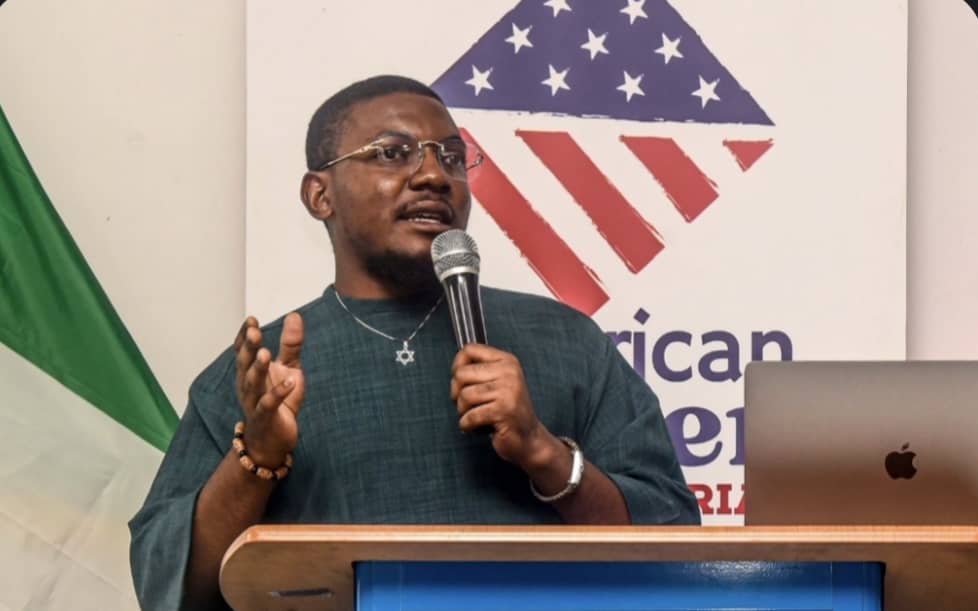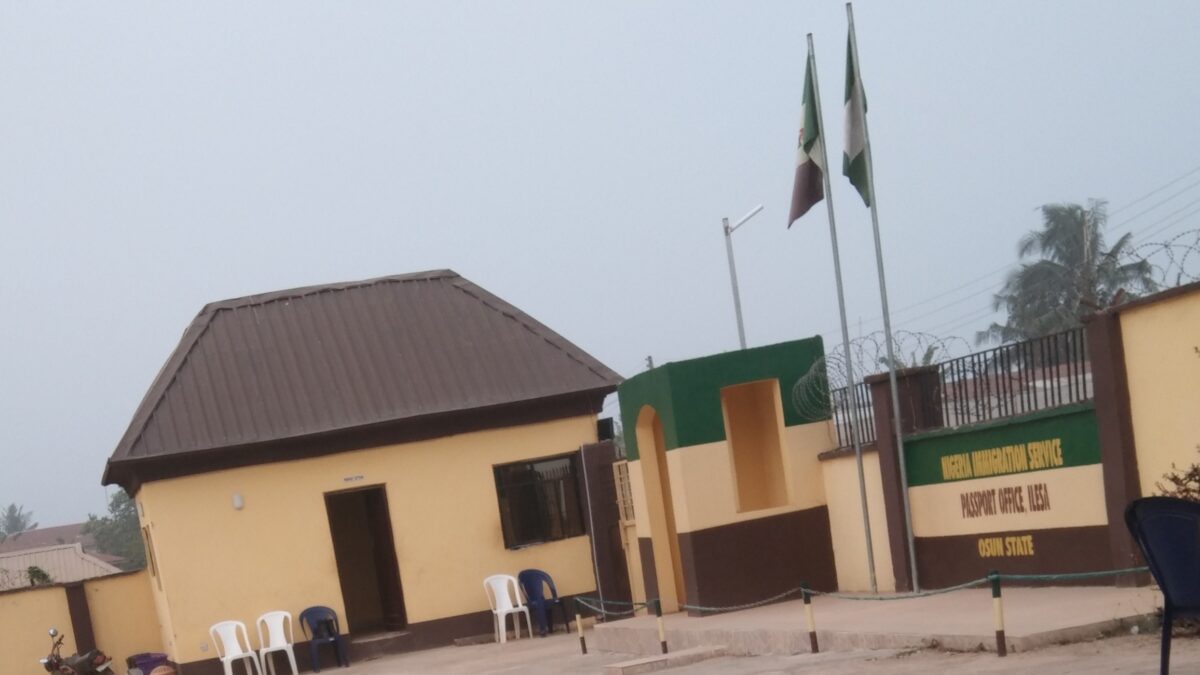The Plateau State crisis that claimed the lives of 78 people between July 31 and August 26 has brewed for two decades. This is according to survivors of a similar series of attacks in 2001.
Jos, the state capital, experienced its first crisis between September 7 and 13, 2001 — 25 years after the state’s creation. Over 1,000 people lost their lives in the clashes that left churches, mosques, schools, markets and homes damaged.
Recalling the experience, Jesse Dan-Yusuf, a former Jos dweller, told FIJ that he was separated from his parents for about 12 hours during the crisis in 2001.
“By this time 20 years ago, my sister and I had walked/run the length of Jos City trying to get away from religious extremists. We were separated from our parents for close to 12 hours. The things we saw…
“We managed to find our parents that night. We slept in Hill Station, because my stepmom was the manager then. One of the restaurants in Hill Station Hotel overlooked a part of Tudun Wada in the city. We literally saw people being killed, and houses razed and being looted.”
READ ALSO: How Police Refused to Shoot as Fulani Militias Wiped Plateau Community
Domina, a Twitter user, said her uncle’s “shop/warehouse in Dilimi was burned to the ground”.
“The same day, his house along Rukuba was burned to ashes as well. We lived in Rock Haven then. It was relatively safe, but we could see the smoke at Alheri. We escaped to the east days later,” he said.
When Human Rights Watch visited Dilimi, a town on the outskirts of Jos with a large Muslim population on October 6, 2001, only few of the houses belonging to Christians were standing. Others had collapsed into rubbles.
Another Twitter user reminisced about how his mother ran with him and his sisters to “the mountains”.
The crisis returned in 2008 and 2010, leading to the death of about 2,992, and the displacement of hundreds of thousands more.
According to a publication in the Geneva Declaration, the recurring crisis is ethno-religiously motivated, with indigenes’ rights and political
representation causing controversies, leaving over 200,000 people displaced between 2001 and 2004.
Subscribe
Be the first to receive special investigative reports and features in your inbox.


